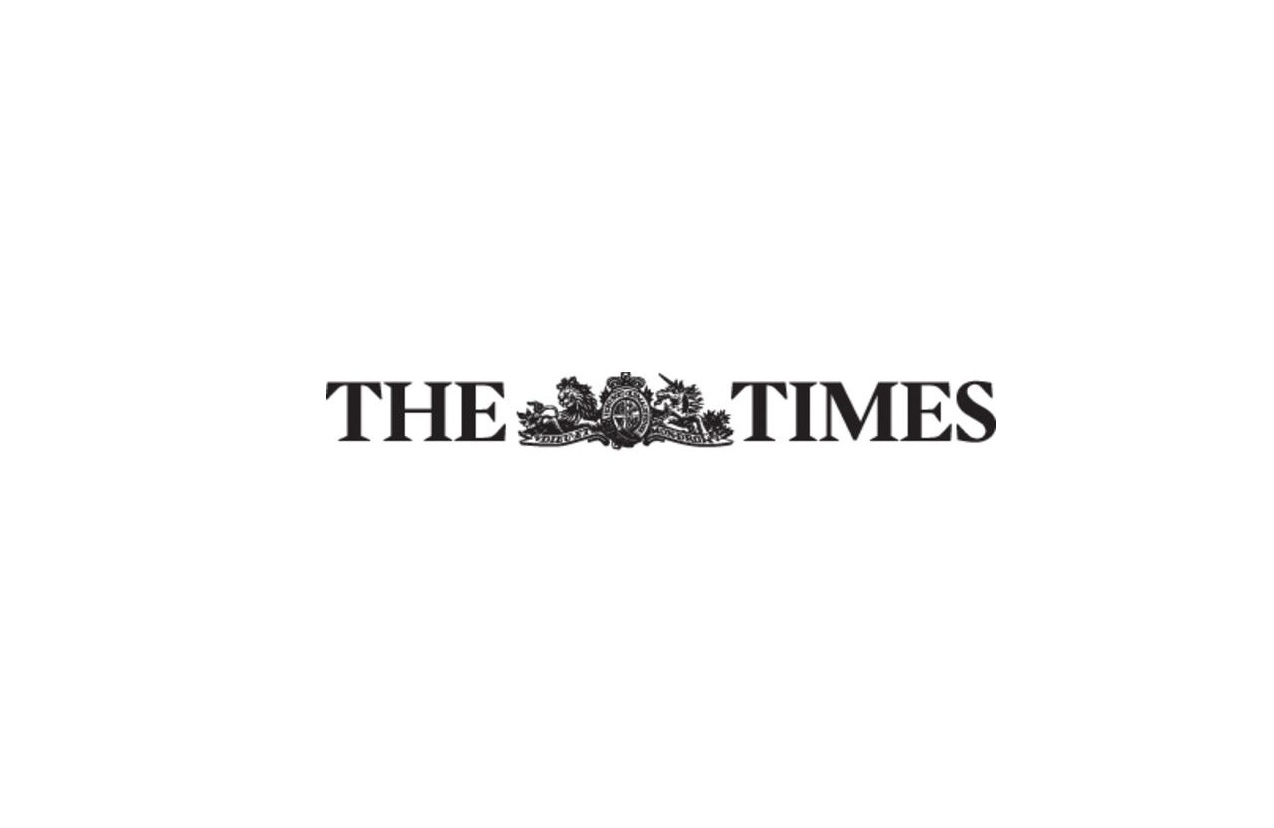The third way may be the key to breaking the stalemate
CAIRO: France pledged to step up its peacekeeping funding and to cooperate with an Egyptian plan to break the diplomatic stalemate that has paralyzed peace efforts in the war torn Darfur region of Sudan, according to reports.
The Egyptian plan could see troops from Arab and Muslim countries enter the Darfur region under the command of the African Union – a plan dubbed “the third way.
If the Sudanese government accepts this “third way, it could mean a major breakthrough in ending the Darfur conflict, which has killed an estimated 200,000 people and led to the displacement of about 2.5 million refugees.
Currently, an under-funded and poorly equipped African Union force has struggled to maintain order in the troubled region.
And Khartoum has labeled US-backed efforts to establish a 20,000-strong UN peacekeeping force in Darfur as an affront to Sudan’s national sovereignty.
The priority is to protect the civilians and any proposal to that effect will be supported by us, including a mixed force, said French Foreign Minister Phillipe Douste-Blazy after meeting with President Hosni Mubarak in Cairo on Sunday.
France also said it would increase its funding of the African Union forces by about $1.3 million, bringing its total spending to about $3 million.
Jean-Marie Safa, a spokesman with the French Embassy in Cairo, told The Daily Star Egypt that increasing regional dialogue and stepping up efforts to ease the humanitarian crisis were the main aims of the French delegation.
“It was important to speak to Egypt because Egypt has a paramount role in the region, he said.
Safa added that Douste-Blazy was in Khartoum yesterday for a two-day meeting with Sudanese officials.
Meanwhile, aid agencies reported that the region was being plagued by continued violence. On Saturday, international observers told Associated Press that at least 12 people were killed by janjaweed militias loyal to the government.
A UN official also reported that janjaweed militias had raided several villages and a refugee camp in the past few days, according to reports. The janjaweed seem to have killed at least a dozen people, the official told AP.
The conflict in the Darfur region exploded in 2003 after armed groups began attacking government targets in the region. Khartoum responded by arming militias, who embarked on a brutal and violent campaign in the region against civilians, which has been labeled genocide by many international observers.
So far, France has advocated a more nuanced approach than Washington, which has called for tough action against Khartoum to quell the violence. The two different approaches have highlighted the regional interests that both governments have, according to experts.
“There is a sense of competition [between the US and France] especially when it comes to oil, said Ibrahim El-Nur, director of African Studies at the American University in Cairo, in an interview with The Daily Star Egypt on Sunday.
However, as the conflict drags on, the US has shown signs of compromising their hard-line approach in the region.
“We’re taking a look at how we can address the various concerns that have come up from the Sudanese government, as well as others in the region, about the nature of this international force, said US State Department spokesman Sean McCormack.
